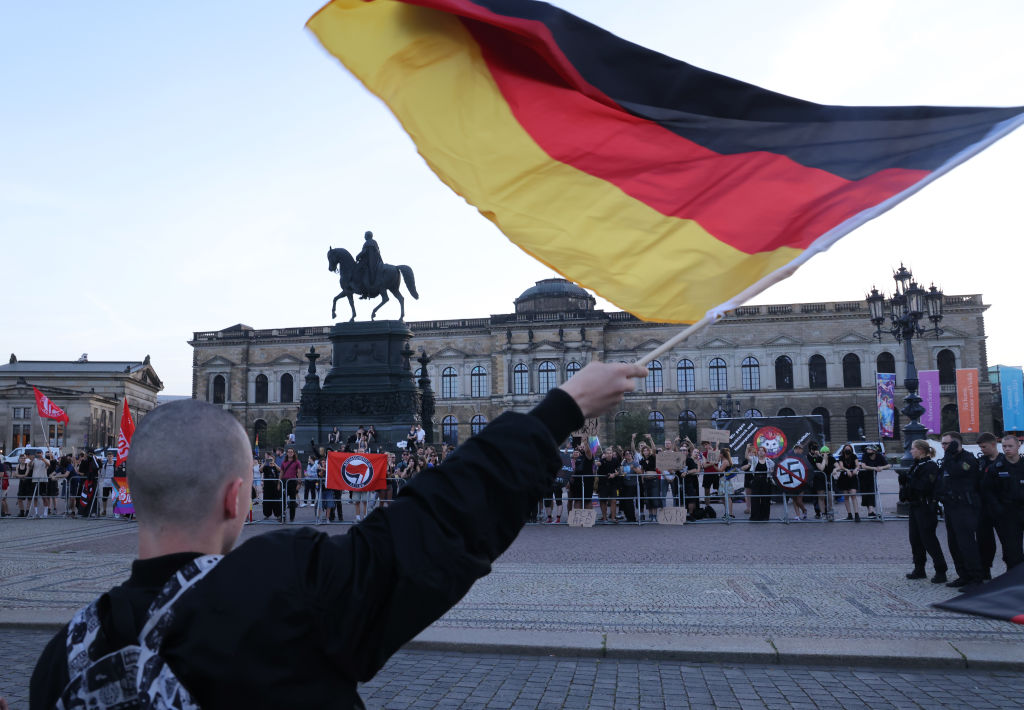In a surprise move, the hard-Right Alternative for Germany (AfD) has decided to dissolve its current youth wing, the “Young Alternative” (JA) and replace it with a more moderate, party-controlled organisation.
While the JA is tied to the AfD, members do not have to be affiliated with the mother party, which allows more radical individuals to join, creating issues for the party leadership. The youth wing has been in the federal authorities’ crosshairs for some time due to suspected “extremist tendencies”; with federal elections taking place in February 2025, this is no time to be taking PR risks.
Despite increased scrutiny and political pressure — or maybe because of it — the AfD appears to be contemplating a transformation that could moderate its stance for future coalition possibilities. The goal is to make it harder for other parties to exclude it from potential coalition governments at local and federal level. The leadership around Alice Weidel seems to have recognised that their strategy of consolidating the protest vote alone is not yielding the desired political traction. At some point, the party wants to move on from being a pressure valve for angry voters to an actual option for playing a role in government.
The emergence of a pragmatic faction within the party, akin to the “Realos” as they were called within the Greens, suggests a strategic shift aimed at making the AfD coalition-capable. Of course, this was attempted before under the leadership of Bernd Lucke and Frauke Petry, both of whom preferred a more moderate direction for the party but ultimately failed and left the AfD.
The more hard-Right wing is still very influential, not least because it has achieved demonstrable electoral successes. Consider figures such as Björn Höcke, for example, who is not only a leader of the far-Right faction of the AfD but also led the party to victory in his home state of Thuringia. The party must ask itself: are these successes because or despite of individuals like Höcke?
It should also not be forgotten that the AfD is far from the first party to face such challenges. There are historical precedents: both the liberal party (FDP) and the Social Democrats had previous separations from their more radical youth factions. So, in a way, the very debate that is currently taking place is part of the maturation of the AfD into a more conventional German party.
At this point, no one knows whether the proximity to potential power and participation in coalition governments could indeed reshape the internal dynamics of the AfD. As the party navigates this critical moment, electoral gains from any moderation seem a long way off. Even if it was to moderate, it is hard to see many undecided German voters opting for a party that comes with such ideological baggage.
The true challenge for the AfD will be to remain aloof from its more extreme sections while not moderating so much that it loses its appeal as a protest vote for Germans angry with the status quo. As balancing acts go, it’s a fine one to manage.











Join the discussion
Join like minded readers that support our journalism by becoming a paid subscriber
To join the discussion in the comments, become a paid subscriber.
Join like minded readers that support our journalism, read unlimited articles and enjoy other subscriber-only benefits.
Subscribe